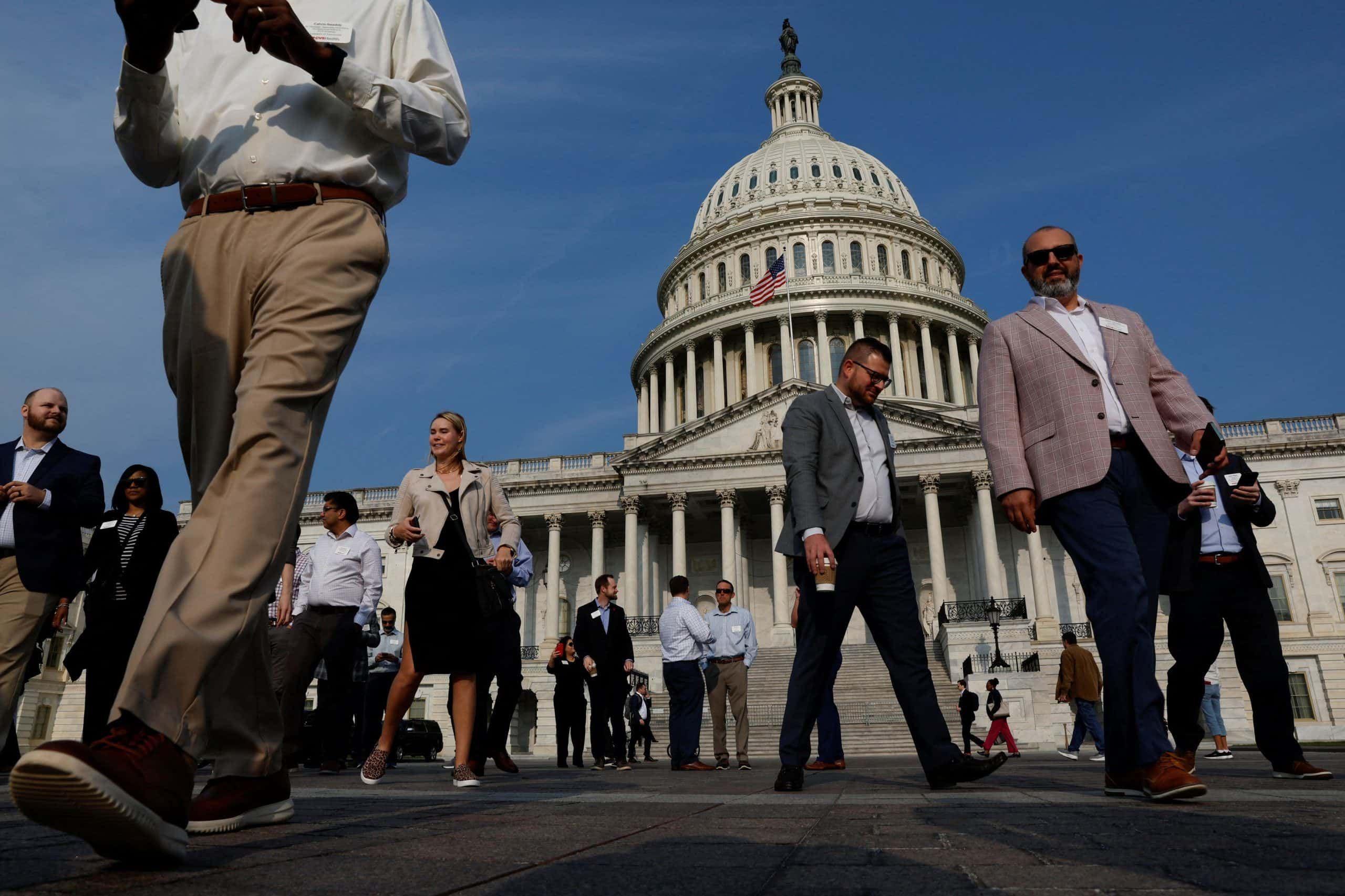With Republicans and the White House dipping into the $80 billion to support other initiatives, some Democrats are concerned that the bonanza may be drained even further in the coming years.

The Debt-limit Agreement Emphasizes The Danger Of The IRS Becoming A Congressional Piggy Bank
The debt-limit agreement reveals an often-overlooked risk to the $80 billion Democrats pushed through for the IRS last summer: it will become a congressional piggy bank.
Nine and a half months after the funds were transferred to the agency, lawmakers are taking a fourth of them back to avoid budget cuts to unrelated domestic programs.
Though this has aided the debt hike’s passage through Congress, some see it as a precedent that could jeopardize the administration’s ambitious intentions for the IRS.
READ ALSO: Inflation 2023: Families Believe They Need An Income Of At Least $85,000 Just To “Get By”
The IRS Is Facing Financial Pressures Long After The Debt Fight
After all, Congress will continue to face financial pressures long after the debt struggle is over, and the agency will still have roughly $60 billion in its coffers — the vast majority of which will not be spent for years.
The administration is downplaying the significance of the impending $21.4 billion cut, claiming that the money Democrats provided to the IRS last year was always planned to be phased in over the following decade. Instead of ten years, the administration claims that the funds will be depleted in eight.
But, by that logic, politicians will undoubtedly wonder why they can’t shave another year, two, or three off the back end and spend the funds on something else.
READ ALSO: Inflation 2023: Families Believe They Need An Income Of At Least $85,000 Just To “Get By”
That is an altogether different threat than had been the focus in Washington before the debt fight. Attention had been focused on Republicans’ promise to repeal the entire $80 billion, something they campaigned on in the run-up to the midterm elections but was never particularly likely, not with President Joe Biden in office and Democrats in charge of the Senate.
A less obvious but more potent risk is that the IRS money is drawn into unrelated budget battles, forcing Democrats to choose between slashing funds for the agency and other measures they support.
That is precisely what is happening with the debt deal struck by Biden and House Speaker Kevin McCarthy (R-Calif.), who have agreed to spend $20 billion of the money to avert cuts to domestic programs whose budgets are established by Congress each year.
According to a Congressional Budget Office estimate provided to Senate Budget Committee Chair Sheldon Whitehouse (D-RI), the plan would actually increase the deficit by $19 billion. Reducing IRS enforcement costs the government money because auditors bring in far more revenue than it costs to employ them. While the plan would save $21.4 billion in spending, the CBO estimates that it would cut future tax revenues by $40.4 billion.
The $80 billion was expected to be used for a once-in-a-generation revamp of the agency, improving tax services, beefing up enforcement, and modernizing its technology.
The issue for the agency is that it will be a lengthy process. Despite the fact that the funds were approved in August, the IRS has only recently begun to spend them.
It barely announced its cash blueprint in April and has told MPs that it expects to spend only $2.8 billion by the end of 2023. According to the IRS, only $5.8 billion will have been obligated by 2025. The majority of the funds will not be spent until after 2027.
This is partially due to the time it takes to hire and educate skilled auditors, which will be more difficult in a tight labor market.
So the money will just lie there, vulnerable to being repurposed by cash-strapped legislators.
READ ALSO: According To Study, Eviction Rates Were Higher In Largely Black Neighborhoods




